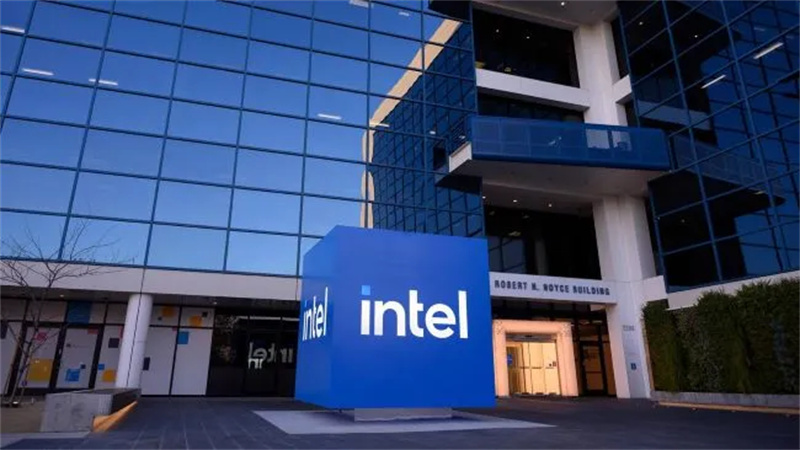Intel has announced a two-year delay in the construction of its advanced semiconductor fab in Magdeburg, Germany, due to ongoing financial difficulties. Originally slated to produce 1.5nm chips by 2027, the facility's operational start has now been pushed to 2030, with Intel planning another evaluation of the project's feasibility in 2026. The decision, made in close coordination with the German state of Saxony-Anhalt, reflects a strategic move to align with market conditions and future demand.
The Magdeburg project was initially backed by a substantial €10 billion subsidy from the German government, part of a larger €30 billion investment plan aimed at bolstering Europe's semiconductor industry. However, the delay means Intel will not receive this funding immediately, and it remains unclear if the same amount will be available when construction resumes or if new negotiations with the government will be required.
Despite the delay, Intel retains ownership of the land in Magdeburg and has emphasized its long-term commitment to the region. The company will continue its training programs to ensure that workers are prepared for future operations. Additionally, Intel plans to maintain communication with local organizations and stakeholders through the state government of Saxony-Anhalt.

Two top Intel executives, Naga Chandrasekaran, Executive Vice President and General Manager of Intel Foundry Manufacturing and Supply Chain, and Christoph Schell, Executive Vice President and Chief Commercial Officer, recently visited Magdeburg. They reaffirmed Intel's dedication to the project, highlighting the company's goal to meet the needs of customers in Germany and across Europe.

Although the delay has raised concerns about the project's future, Intel's decision to retain its assets in Magdeburg and its continued engagement with local partners suggest that the company has not abandoned its plans. The two-year postponement aims to ensure that the facility, once built, aligns optimally with market demands and maintains Intel's competitive edge in the global semiconductor industry.
Intel's delay in Germany is part of a broader strategy to navigate financial constraints while focusing on long-term goals in the semiconductor sector. The company remains committed to expanding its presence in Europe despite challenges, including fluctuations in market conditions and ongoing financial pressures.
+86 191 9627 2716
+86 181 7379 0595
8:30 a.m. to 5:30 p.m., Monday to Friday
